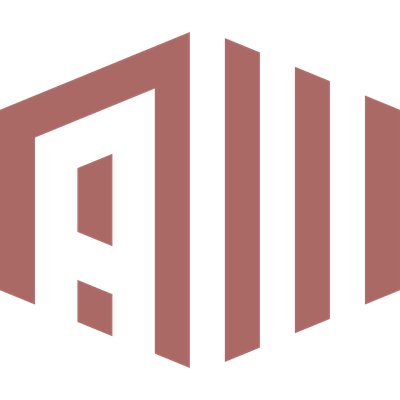What anagrams are available for kallitype?
This page is about an anagram for the word plat kiley that can be used in word games, puzzles, trivia and other crossword based board games.
plat kiley
Translation
Find a translation for plat kiley in other languages:
Select another language:
- - Select -
- 简体中文 (Chinese - Simplified)
- 繁體中文 (Chinese - Traditional)
- Español (Spanish)
- Esperanto (Esperanto)
- 日本語 (Japanese)
- Português (Portuguese)
- Deutsch (German)
- العربية (Arabic)
- Français (French)
- Русский (Russian)
- ಕನ್ನಡ (Kannada)
- 한국어 (Korean)
- עברית (Hebrew)
- Gaeilge (Irish)
- Українська (Ukrainian)
- اردو (Urdu)
- Magyar (Hungarian)
- मानक हिन्दी (Hindi)
- Indonesia (Indonesian)
- Italiano (Italian)
- தமிழ் (Tamil)
- Türkçe (Turkish)
- తెలుగు (Telugu)
- ภาษาไทย (Thai)
- Tiếng Việt (Vietnamese)
- Čeština (Czech)
- Polski (Polish)
- Bahasa Indonesia (Indonesian)
- Românește (Romanian)
- Nederlands (Dutch)
- Ελληνικά (Greek)
- Latinum (Latin)
- Svenska (Swedish)
- Dansk (Danish)
- Suomi (Finnish)
- فارسی (Persian)
- ייִדיש (Yiddish)
- հայերեն (Armenian)
- Norsk (Norwegian)
- English (English)
Definition
What does kallitype mean?
- Kallitype
- Kallitype is a process for making photographic prints. Patented in 1889 by W. W. J. Nicol (1855-1929), the Kallitype print is an iron-silver process. A chemical process similar to the Van Dyke brown based on the use of a combination of ferric and silver salts. While Van Dyke brown and argyrotype use ferric ammonium citrate, the light-sensitive element used for the Kallitype is ferric oxalate. The use of ferric oxalate allows for both extended shadow definition (higher DMAX) and contrast control.Many developing solutions can be used to give a different image color (brown, sepia, blue, maroon and black). Kallitype images generally have a richer tonal range than the cyanotype. These prints were popular in the 19th century, and then their popularity faded away. Sometimes known as "the poor man's platinum print", when the image is toned in platinum or palladium the result is nearly chemically identical to a true Platinotype. It is believed that many Kallitypes were passed off as true Platinotypes and remain in collections as so. Kallitypes have had a reputation over the years as having poor archival qualities and often fading. When properly cleared, Kallitypes are completely archivable and will not fade. Toning with a metal such as gold, platinum, or palladium will give extra image permanence. Ferrous ions embedded in the paper as a result of poor clearing is the cause of the lack of belief in image permanence. This can be easily identified by a yellow stain in the highlights.
Embed
Citation
Use the citation below to add this anagram to your bibliography:
Style:MLAChicagoAPA
"plat kiley." Anagrams.net. STANDS4 LLC, 2025. Web. 23 Feb. 2025. <https://www.anagrams.net/term/23369828>.







Discuss this kallitype anagram with the community:
Report Comment
We're doing our best to make sure our content is useful, accurate and safe.
If by any chance you spot an inappropriate comment while navigating through our website please use this form to let us know, and we'll take care of it shortly.
Attachment
You need to be logged in to favorite.
Log In